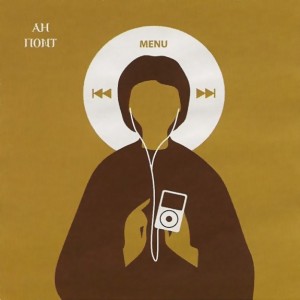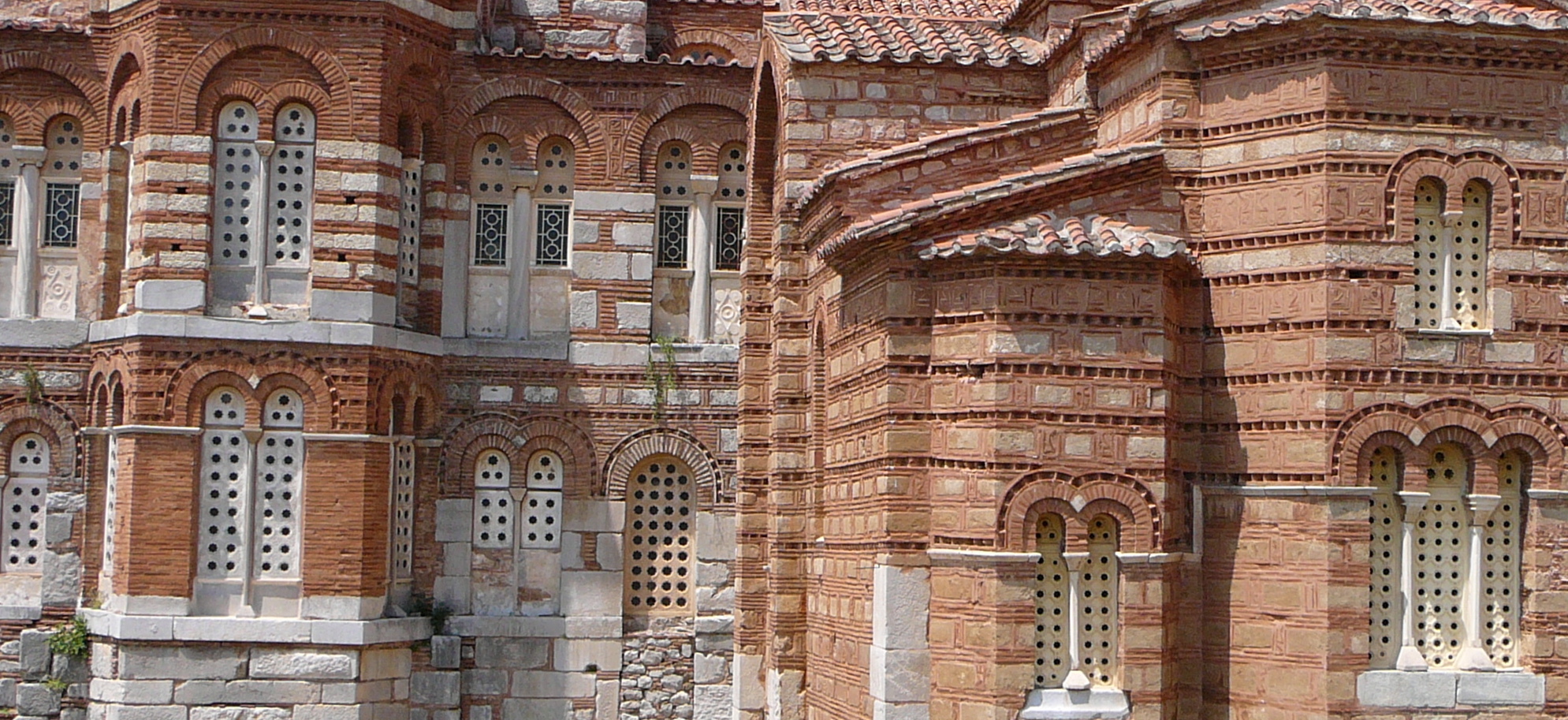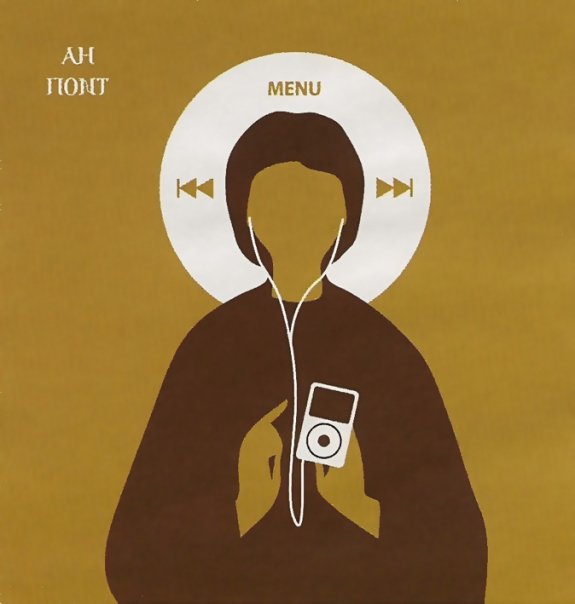Episodes

Thursday Oct 20, 2022
79. The enduring power of ancient statues in Constantinople, with Paroma Chatterjee
Thursday Oct 20, 2022
Thursday Oct 20, 2022
A conversation with Paroma Chatterjee (University of Michigan) on the power that ancient statues still had in Orthodox Constantinople. In many contexts, they were more prominent than icons. We talk about some of their functions, but also why Byzantine art history is so focused on icons, which were secluded objects, in comparison. The conversation is based on Paroma's recent book Between the Pagan Past and Christian Present in Byzantine Visual Culture: Statues in Constantinople, 4th-13th Centuries CE (Cambridge University Press 2021).

Wednesday Aug 17, 2022
78. How to be philanthropic in early Byzantine Christianity, with Dan Caner
Wednesday Aug 17, 2022
Wednesday Aug 17, 2022
A conversation with Dan Caner (Indiana University) about the different kinds of charitable giving in early Byzantium. We talk about the pre-Christian background, the role of institutions, and views about wealth. Was giving primarily good for the soul of the giver, and under what conditions, or for the material assistance of the needy? How could one give to ascetics, who had renounced such needs? The conversation is based on Dan's recent book The Rich and the Pure: Philanthropy and the Making of Christian Society in Early Byzantium (University of California Press 2021).

Thursday Aug 04, 2022
77. How did most people in the Roman empire get by? with Kim Bowes
Thursday Aug 04, 2022
Thursday Aug 04, 2022
A conversation with Kim Bowes (University of Pennsylvania) about production and consumption in the Roman world, especially by the 90% of the population who are less represented in our literary sources. How did they get by from day to day? What alternatives does the evidence suggest to the "subsistence" model that many ancient historians have used? The conversation is based on a paper on "Household Economics in the Roman Empire and Early Christianity," forthcoming in the Oxford Handbook of Biblical Households, and earlier publications, including The Roman Peasant Project 2009-2014: Excavating the Roman Rural Poor (Penn Museum/University of Pennsylvania Press, 2021); “Tracking Liquid Savings at Pompeii: The Coin Hoard Data," Journal of Roman Archaeology 35 (2022) 1-27; and “Tracking Consumption at Pompeii: The Graffiti Lists,” Journal of Roman Archaeology 34 (2021) 552-584.

Thursday Jul 21, 2022
76. Exploring the monuments of Byzantine Constantinople, with Sergey Ivanov
Thursday Jul 21, 2022
Thursday Jul 21, 2022
A conversation with Sergey Ivanov (Alexander von Humboldt fellow at the University of Munich; corresponding member of the British Academy) on the monuments, buildings, and ruins of the Byzantine phase of the City's history. We talk about how to explore them, how to access their history, and even get a feel for the lingering presence of the events that took place in them. We ponder what has been lost and what might yet be found. The conversation is based on Sergey's recent book In Search of Constantinople: A Guidebook through Byzantine Istanbul and Its Surroundings, tr. by Sara Buzadzhi and D. Hoffman, ed. David Hendricks (Istanbul: The Swedish Research Institute in Istanbul, 2022).

Thursday Jul 07, 2022
75. The politics of archaeological heritage and reclamation, with Jonathan Hall
Thursday Jul 07, 2022
Thursday Jul 07, 2022
A conversation with Jonathan Hall (University of Chicago) about how the archaeological past of the city of Argos was reclaimed in the long nineteenth century. What institutions and political debates took shape around the heritage of the past? What role did the ancient travel writer Pausanias play in defining what the past was? What was the interplay between local, national, international, and imperial interests? The conversation is based on Jonathan's book Reclaiming the Past: Argos and its Archaeological Heritage in the Modern Era (Cornell University Press 2021).

Thursday Jun 23, 2022
Thursday Jun 23, 2022
A conversation with Eleni Kefala (University of St. Andrews) on the fall of two empires, the Byzantine and the Aztec. What role did these momentous events play in the emerging identity of western Europe? And how were they experienced by the Romaioi and the native Mexica, especially through the laments that they wrote and sang about these events? The conversation is based on Eleni's book The Conquered: Byzantium and America on the Cusp of Modernity (Dumbarton Oaks Research Library and Collection, Washington D.C. 2020).

Thursday Jun 09, 2022
73. When did women “bind up” their hair, and why?, with Gabriel Radle
Thursday Jun 09, 2022
Thursday Jun 09, 2022
A conversation with Gabriel Radle (University of Notre Dame) on the question of why and when adolescent girls or women "bound up" their hair. Which women did so, and under what circumstances? What kind of headgear was involved? And how did the Byzantine practice compare with that in other societies, ancient and medieval? Our discussion is based on Gabriel's article 'The Veiling of Women in Byzantium: Liturgy, Hair, and Identity in a Medieval Rite of Passage,' Speculum 94 (2019) 1070-1115.

Thursday May 26, 2022
72. What do we mean by “Byzantine literature”?, with Stratis Papaioannou
Thursday May 26, 2022
Thursday May 26, 2022
A conversation with Stratis Papaioannou (University of Crete) about the mismatch between modern ideas of literature (on the one hand) and the texts, conventions, and goals of Byzantine authors (on the other). In what sense are those texts "literature"? Should they be compared to classical texts, modern literature, neither, or both? We talk also about how much of it has survived, and how much might have been lost. The conversation was prompted by the release of Stratis' edited volume,The Oxford Handbook of Byzantine Literature (Oxford University Press 2021).

Thursday May 12, 2022
71. Manuel II Palaiologos (1350-1425) had a lot to say, with Siren Çelik
Thursday May 12, 2022
Thursday May 12, 2022
A conversation with Siren Çelik (Marmara University) about the many personas that the emperor Manuel II Palaiologos crafted for himself in his surviving works. In fact, we have more writings from him -- in many genres, and many of a personal nature -- than from any prior Roman emperor. What was he hoping to accomplish and why is he worth reading? The conversation is based on Siren's recent book, Manuel II Palaiologos (1350-1425): A Byzantine Emperor in a Time of Tumult (Cambridge University Press 2021).

Thursday Apr 28, 2022
70. Trees have histories too, with Alexander Olson
Thursday Apr 28, 2022
Thursday Apr 28, 2022
A conversation with Alexander Olson (independent scholar, British Columbia, Canada) about the secret lives of olive trees and oak trees in Byzantium. Contrary to what you may think, these were not cultivated consistently in the Mediterranean ecosystem of the Middle Ages; their uses to the human population fluctuated over time, giving the trees a history of their own, albeit one shaped by that of the people around them (and vice versa). The conversation is based on Alex's fascinating book, Environment and Society in Byzantium, 650-1150: Between the Oak and the Olive (Palgrave Macmillan 2020).

